Advertisement
9 'Healthy' Foods That Registered Dietitians Won't Touch

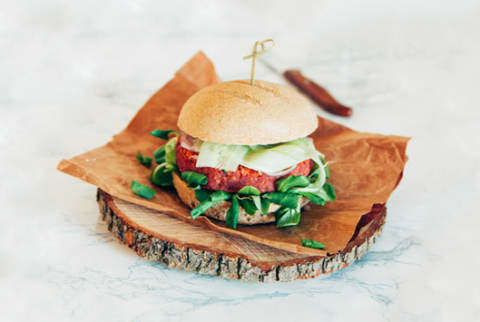
1. Sugar alcohols:
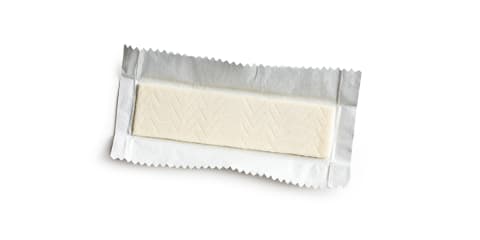
They are often used as a sugar substitute because they provide fewer calories than regular sugar and are converted to glucose (the body's usable form of energy) more slowly so blood sugar stays relatively stable. While they are tolerated by most in small amounts, common side effects of excess consumption are bloating and diarrhea. Sugar alcohols are frequently found in ingredients that end in -ol, such as sorbitol, xylitol, and erythritol. Although they are found in small amounts in some of our fruits and vegetables, the ones in our food products usually come from cornstarch. They are frequently found in processed foods, specifically those labeled "sugar free," gum and candies, ice creams, and many of the products marketed for dieting.
—Lisa Hayim, R.D., founder of The Well Necessities
2. Veggie burgers:
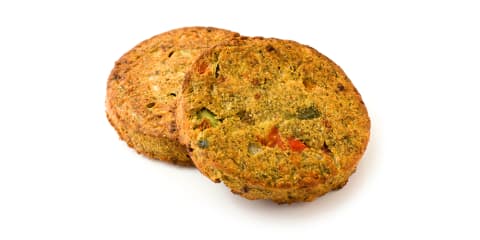
What may seem like a healthy alternative to a meat burger can actually be filled with tons of fillers, stabilizers, soy, white flour, and sodium. Be mindful of the ingredients to ensure you are actually getting a nutritious meal. If you are buying frozen veggie patties, make sure to carefully read the ingredient labels and avoid textured vegetable protein, soy protein isolate, MSG, and artificial and natural flavors. If you are eating out, find out what the ingredients are and how the burger is prepared to avoid any methods that include a lot of oil or pan frying. Most veggie burgers have some type of grain in them as a binder, so swap out the bun for a lettuce wrap.
—Miranda Hammer, R.D., founder of Crunchy Radish (and mbg class instructor!)
3. Stevia:
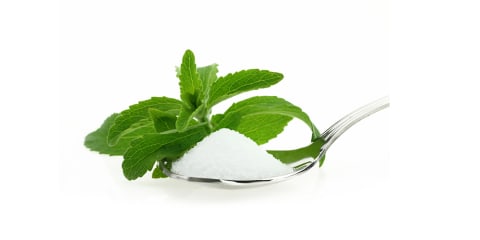
I am not a big fan of stevia. I like calories. I embrace them and teach my clients to do the same. We spend too much time shunning and minimizing calories, which takes away from the power that they have to fuel our amazing bodies.
—Kimberly Evans, R.D., founder of Whole Health Nutrition
4. Almond milk:
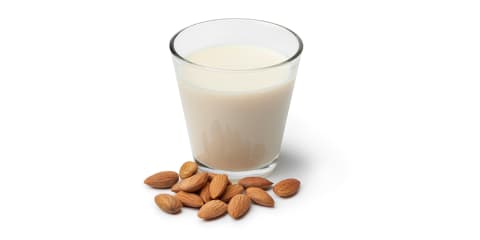
I know this may be controversial, but I am not a big fan of almond milk—unless you make your own. While I appreciate that there are so many nondairy milk options available, I look at most commercial almond milks as basically expensive water with added stabilizers and flavorings. It also has virtually no protein so won’t keep you full. When you do have almond milk, go for an unsweetened variety and enjoy it in the context of a meal or snack that provides protein from another source.
—Jessica Cording, R.D., founder of Jessica Cording Nutrition
5. Flax:
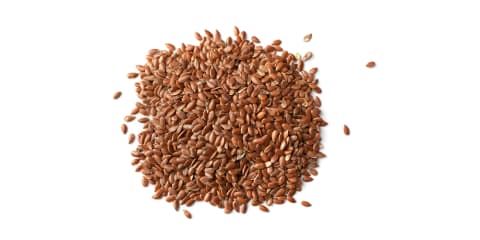
People argue that flax has omega-3, but flax contain phytoestrogens that mimic estrogen in the body (not exactly the same as soy but similar). I would never add flax to a client's diet and personally try to skip products that have it as an ingredient.
—Carolyn Brown, R.D., founder of FoodTrainers
6. Greek yogurt:
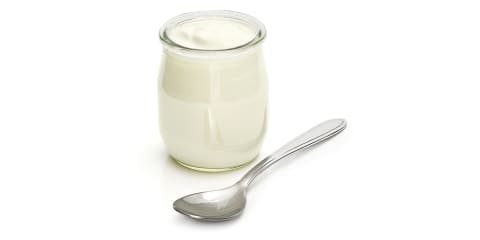
While it has some probiotics, you can take an excellent supplement instead. At the end of the day, it's still dairy, which is mucus-forming, difficult for most all of us to digest for numerous reasons (it's not designed for humans), and is acid-forming in the body (research shows1 that countries that consume the most dairy have the highest rates of osteoporosis, caused by the leaching of alkaline minerals such as calcium from the body). Stay away! If you love yogurt, check out the growing number of almond- and coconut-milk-based alternatives.
—Kimberly Snyder, C.N., founder of KimberlySnyder.com (and mbg class instructor!)
7. Coconut water:
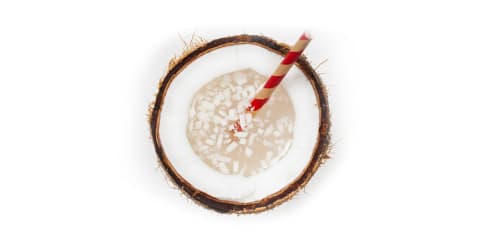
Coconut water is touted as being super healthy and it can be...but it can also be misleading as some companies add sweeteners, flavors, and other additives to their coconut water. Always check the ingredients list and make sure you are getting pure coconut water that is not from concentrate without other added ingredients.
—Cristal Sczebel, CHN, founder of Nutrition in the Kitch
8. Microwaveable popcorn:
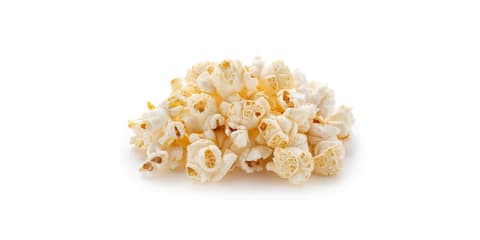
I think that people are aware nowadays that air-popped popcorn can actually make for a delicious and healthy snack, as it's low in calories and high in fiber. However, not all popcorn is created equal! Many microwaveable popcorn bags are lined with carcinogenic chemicals, and the food label contains ambiguous hidden ingredients that tend to fall under the category of "natural flavors." Furthermore, TBHQ is a commonly used preservative, which stands for "tertiary butylhydroquinone," and is only allowed in food products at a very low rate due to its connection with various health issues in animal models. The take-away here is that not all popcorn is healthy, so be a label detective when you're making a popcorn purchase, or make it yourself!
—Leah Silberman, R.D., founder of Tovita Nutrition
9. Canola oil:
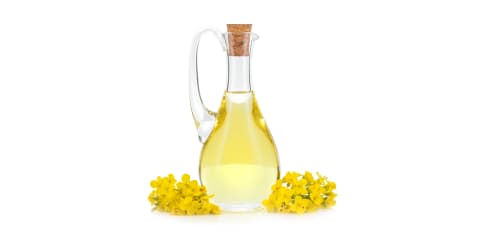
Canola is touted to be a healthier choice because it’s monounsaturated and has some omega-3 content. It has become ubiquitous in prepared dressings, mayo, dips, deli foods, protein bars, and other packaged health foods and snacks. But canola oil can have real consequences for your health, like excess inflammation causing joint pain, high blood pressure, or heart disease. It comes from genetically modified rapeseed and goes through a long refining process, which damages any good qualities it once had. After refining, some canola goes on to become partially hydrogenated to increase shelf stability, which is even more harmful. When my clients say they use canola for the high-heat cooking oil at home, I direct them toward smarter fats and oils that can take the heat, like clarified butter, tallow, lard, or coconut oils instead of canola.
—Alyssa O’Brien, R.D., of Nutritional Weight & Wellness